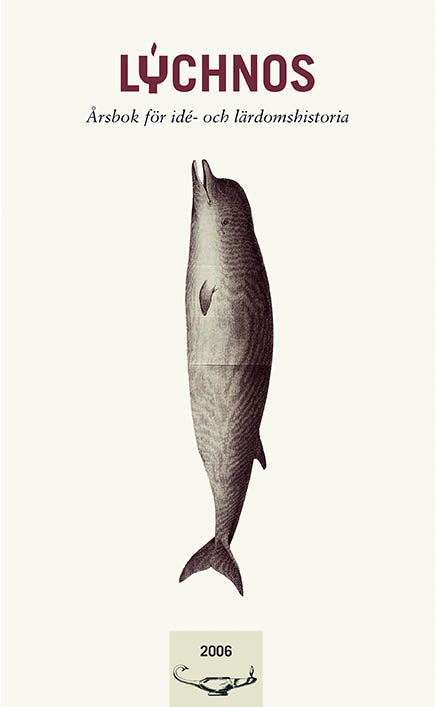Biography as a genre in the history of philosophy
Abstract
Philosophical biography has become a highly visible genre. Every year several important biographies of major (and minor) philosophers are published. But the philosophical significance of this genre is seldom discussed. Is the content of such biographies trivia without relevance for the understanding of the philosophers' work? In this article, it is argued that, to the contrary, biography is extremely pertinent to the interpretation of philosophical thought.
To understand the philosophers' work, we have to understand not only what they say but also what they do. What is the philosopher's agenda? Why is he or she arguing his or her case in that particular way? What is the point of this or that argument? Why should the philosopher use a certain argument and avoid another (which, from a purely logical point of view, might have served as well or better)? Why is he impressed by certain counter-arguments but not by others? In many cases, we can only answer such questions by studying the philosopher's biography. Only when we understand his situation, when we become familiar with the major questions of his day and get to know his friends and enemies, do we understand his concerns. We can then explain why he intervened in contemporary discussions in the way he did, why he used certain arguments and avoided others. We can understand what he set about to do, that is, what his philosophical project was.
Some examples from recent philosophical biographies are analyzed to show in which way the interpretation of a philosopher's life may determine the interpretation of his thoughts.
Downloads
Published
Issue
Section
License
This work is licensed under a Creative Commons Attribution 4.0 International License. The copyright for the work published in Lychnos remains with the authors.


